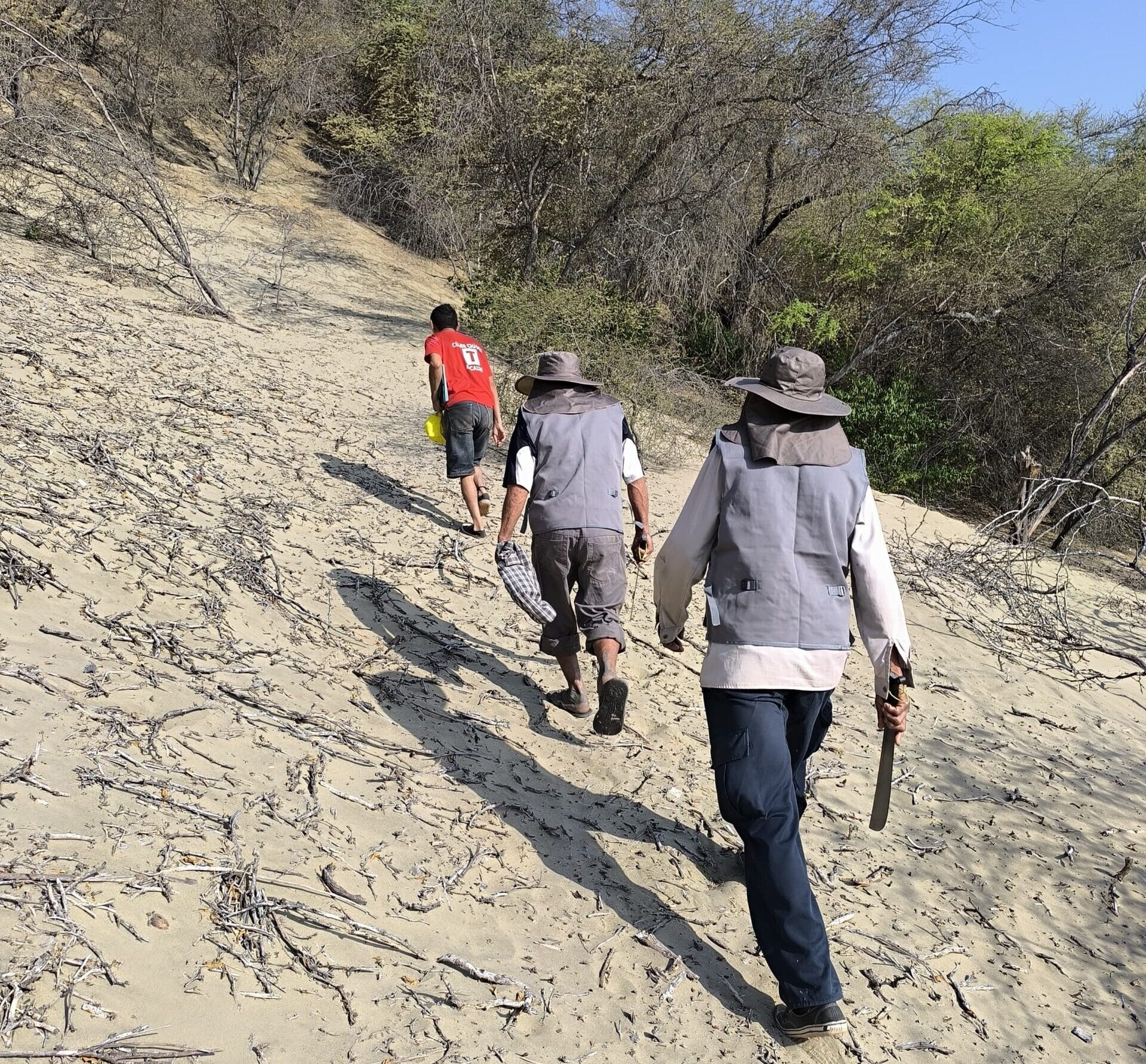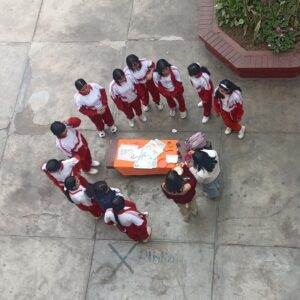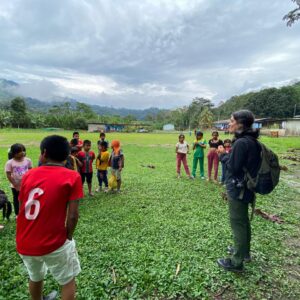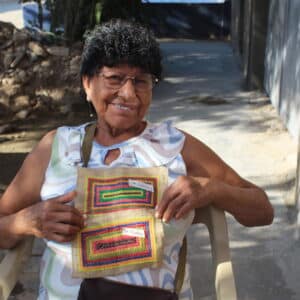In La Libertad, in northern Peru, one of the country’s most threatened and least understood ecosystems survives: the dry forest. Though it may seem barren at first glance, this landscape holds immense natural and cultural wealth. Among emblematic trees like algarrobo, faique, and sapote, unique species—many of them endangered—depend on this environment to survive. However, the forest faces a constant threat: illegal logging, unsustainable firewood extraction, wildfires, and the progressive loss of vegetation cover have put its ecological balance at risk. This degradation not only harms biodiversity but also impacts the local communities who rely on the forest for water, shade, food, medicine, and a deep sense of identity.
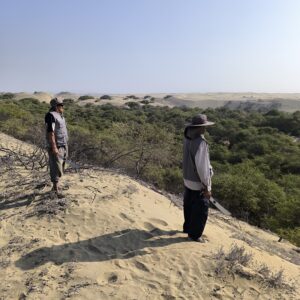
In response to this reality, A Rocha Peru has taken action with a deeply community-based vision. Since April, we have formalized the creation of a Local Park Rangers team, an initiative that seeks to generate solutions from within the territory, led by those who know and love it.
Through targeted training, patrol protocols, and technical support, this team—currently led by Virgilio and Víctor—conducts regular patrols through the forest. Between May and June alone, they carried out over 35 patrols. Their presence helps prevent logging, detect threats, and raise awareness among other members of the community.
But beyond surveillance, what’s being cultivated is a renewed sense of belonging and collective responsibility. As they walk through the forest, these rangers aren’t just protecting trees—they are safeguarding the memory of an ecosystem that has endured droughts, neglect, and abandonment.
At a time when ecosystems are disappearing in silence, initiatives like this speak out. Because when the care of creation starts from within, with empowered local actors, conservation is not only possible—it is sustainable and transformative.
